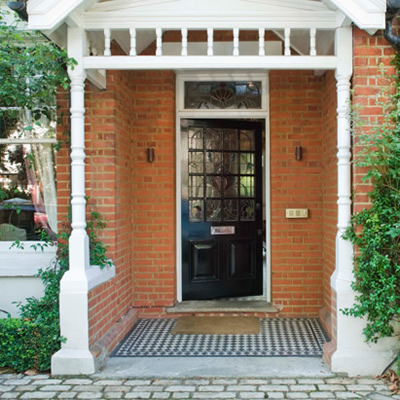Today, many elderly people decide to place a ‘reverse mortgage‘ on their home. The reason for this is that it presents an attractive alternative for those who have equity and wish to stay in their home. In order to qualify, a home owner must be 62 years or older and own their home outright or owe a low balance on their mortgage.
By using a ‘reverse mortgage’ the elderly can live on the equity in the home and use their money for things like travel or other expenses. However, a ‘reverse mortgage’ results in less equity and therefore, less of an inheritance for heirs or beneficiaries. Whether a family member has a ‘reverse mortgage’ or not, he/she should still have a Trust prepared by an Estate Planning Attorney in order to avoid Probate for heirs or beneficiaries.
The process of addressing the estate when a family member has passed away and has a ‘reverse mortgage’ is very similar to that when there is no ‘reverse mortgage’ except for the following:
- heirs or beneficiaries must sell the house within 6 months from the date of death unless the mortgage company extends the 6 months sale period
- heirs or beneficiaries cannot live in the house or rent the house
- heirs or beneficiaries cannot keep the property unless there is a Probate and family members buy it in the Probate proceeding; if there is a Trust then the beneficiaries can keep the property if they refinance and pay the balance owed on the reverse mortgage
The mortgage company will foreclose and sell the property after 6 months from the date of death unless an extension of time to sell is granted by the mortgage company.
If you have questions about Estate Planning and how documents like Wills, Trusts and Powers of Attorney apply to your situation, call Legal Action Workshop @ 1-800-HELP-444 (1-800-435-7444) or visit www.LegalActionWorkshopLAW.com for more information. We offer low flat fees for these important documents!

